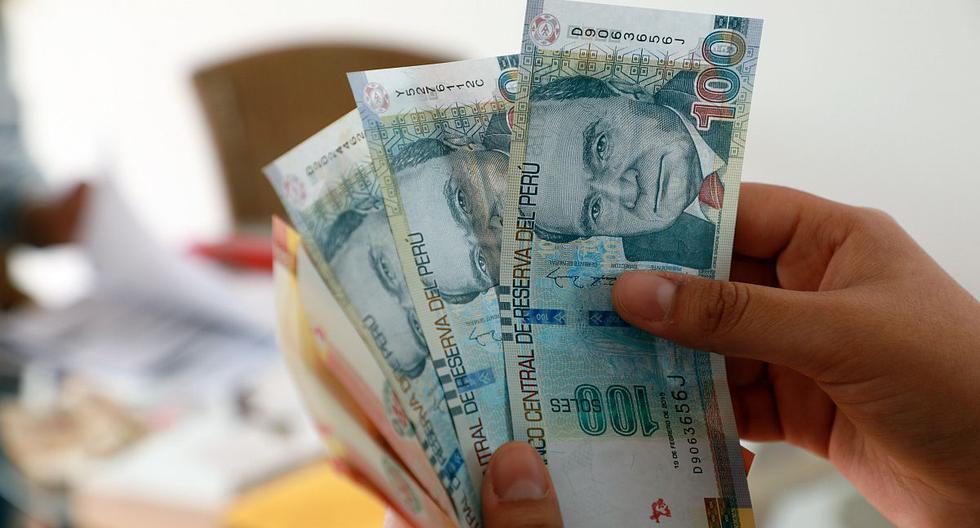The workers of a company that is within the labor regime of the private sector have the benefit of paying gratification twice a year (for National Holidays and Christmas). Being close to the celebration of a new national anniversary, July 15 is the deadline for the deposit to be made. How much should they receive and how is it recommended to use this extra money?
“The legal bonuses are equivalent to an additional regular remuneration if the worker has worked a full semester: from January 1 to June 30 or from July 1 to December 31, as appropriate to each bonus”indicated André Robilliard, legal director of Adecco Peru.
Likewise, he explained that if the worker has worked for more than a month in the company, but less than six months, the amount received will be proportional to the time worked.
Jorge Carrillo Acosta, professor and finance expert at Pacífico Business School, pointed out that in the first fortnight of July of each year, about 4 million workers on the payroll receive this payment and it is estimated that the total amount is approximately S/9,000 million. “Companies that do not make the deposit on time could receive a fine that can reach more than S/120,000, depending on the labor regime and number of workers affected”said.
Carrillo pointed out that if a worker was on the payroll since January 1, the bonus will be the full gross salary.
In this regard, Robilliard explained that the bonuses they are not subject to contributions, contributions or discounts, except for Income Tax.
Also, an extraordinary bonus of 9% of the salary is receivedwhich corresponds to the contribution made by the employer to Essalud.
WHAT TO USE IT ON
For Carrillo, in the current context, the best possible use of this benefit should be made, for what recommends paying expensive debts and thus amortize or cancel credit cards that imply an Annual Effective Rate (TEA) of 55% on average if it is consumption in installments and can reach more than 80% if it is cash withdrawal.
Also, in savingwhich can serve as an emergency in the face of an eventuality, what is recommended is to keep at least 10% of salary; also in investment, since there are options that range from opening a mutual fund to starting a family business, which will depend on the knowledge of the market and the risk that one is willing to assume.
Finally, use the surpluses to travel, buy clothes, renovate appliances, home improvements, etc.
knew that
In the case of those who belong to a small company, they will be entitled to a half bonus.
Workers in the public sector receive a bonus, the amount of which is determined by the Ministry of Economy and it is usually S / 300.
Interns and young people in job training receive half an economic subsidy upon completing 6 months and may not be given in July or December.
RECOMMENDED VIDEO:
:quality(75)/cdn.jwplayer.com/v2/media/0jynvBKW/poster.jpg)


















